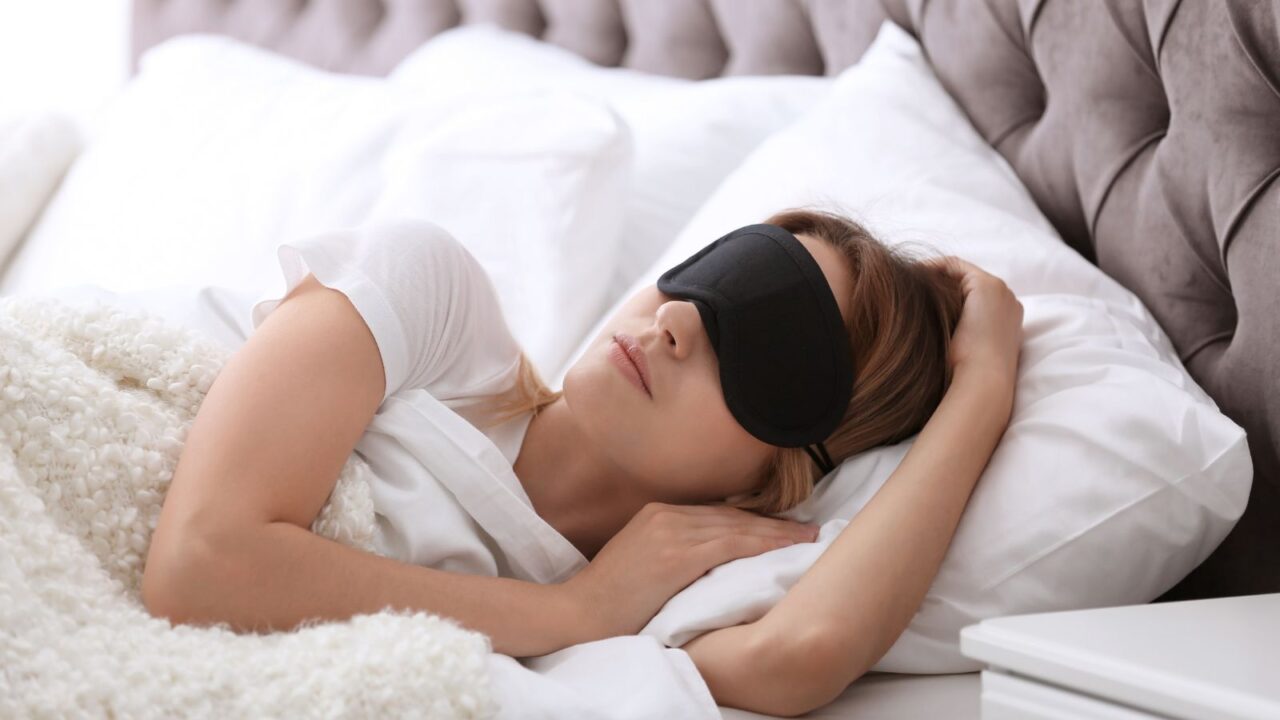
Catching Z’s becomes a travel goal
If you love to sleep like it’s your superpower, then you’ll want to hear this. More and more travelers are ditching packed schedules for trips where sleep takes center stage.
More travelers are choosing restful trips where sleep is the main goal. This new trend, called sleep tourism, focuses on giving your body and mind a true break. With stress, late nights, and screen time stealing our rest, it’s no wonder people are booking vacations to recharge instead of just exploring.
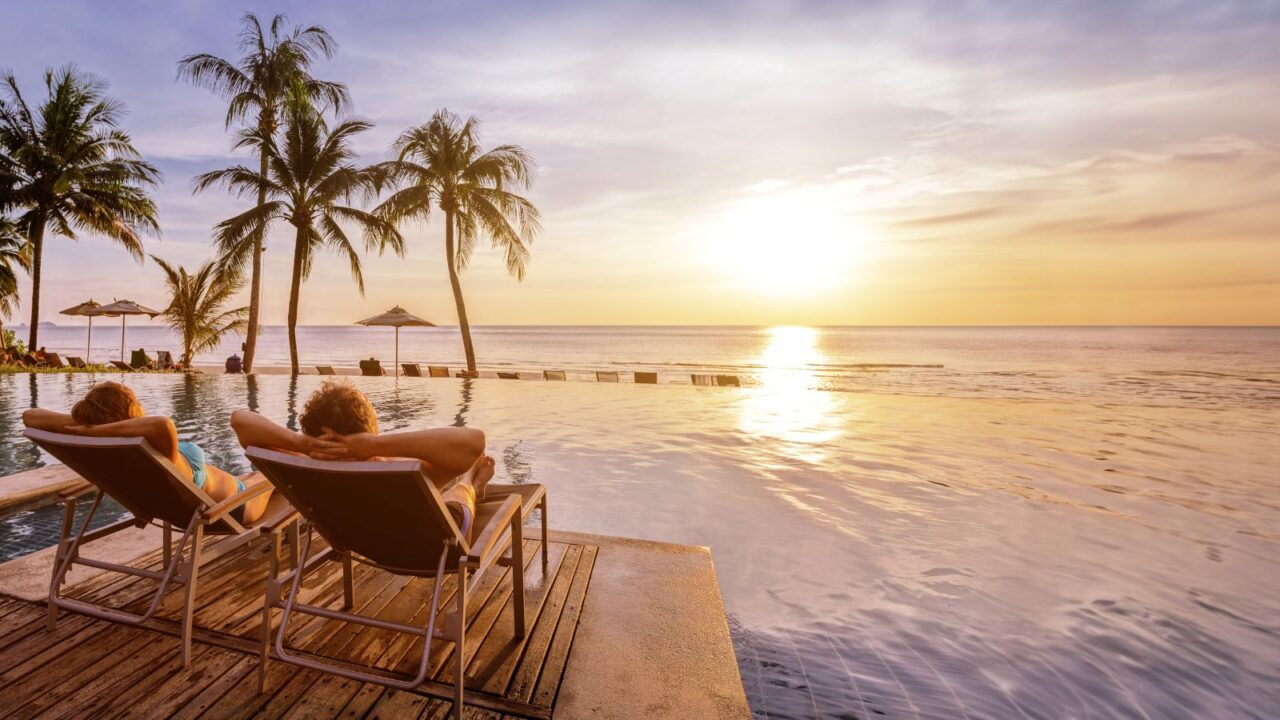
What makes sleep tourism special
Unlike a beach holiday that leaves you sunburned and tired, these getaways are designed to send you home fully refreshed. Every detail is planned to help you rest deeply.
Think blackout rooms, custom pillows, and air so clean you’ll feel it in every breath. Destinations are built around helping you fall asleep faster, stay asleep longer, and wake up feeling better than you have in months

The industry’s rapid growth
The global sleep tourism market already tops $690 billion and is projected to skyrocket in the next few years. Hotels, spas, and retreats are all cashing in on the trend.
More destinations are adding sleep-focused amenities because travelers are actively seeking them out. It attracts all kinds of people, from busy workers feeling stressed to retirees who care about staying healthy.
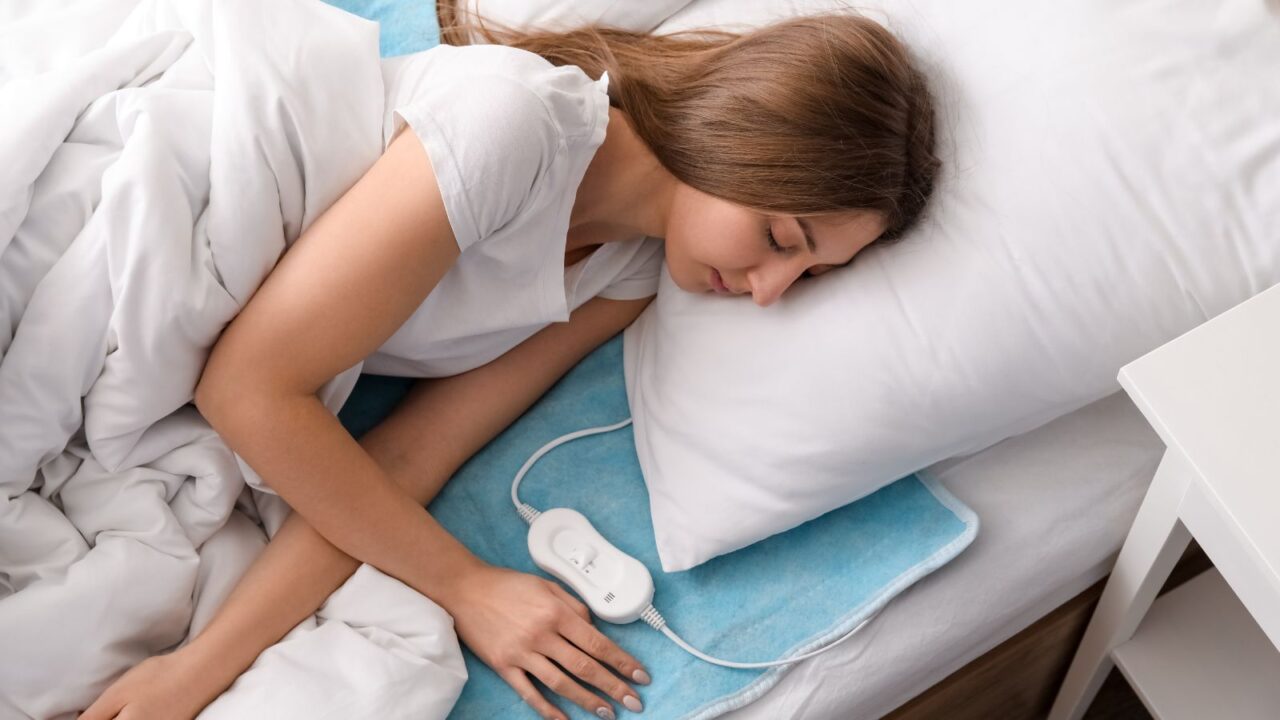
Hotels turn into sleep sanctuaries
Some hotels now feature rooms with adjustable beds, soundproofing, and lighting synced to your body clock. You can even request personalized aromatherapy blends.
These upgrades aren’t just about luxury, they’re designed to help you drift off faster and stay asleep longer. The aim is to take the guesswork out of creating perfect sleeping conditions.
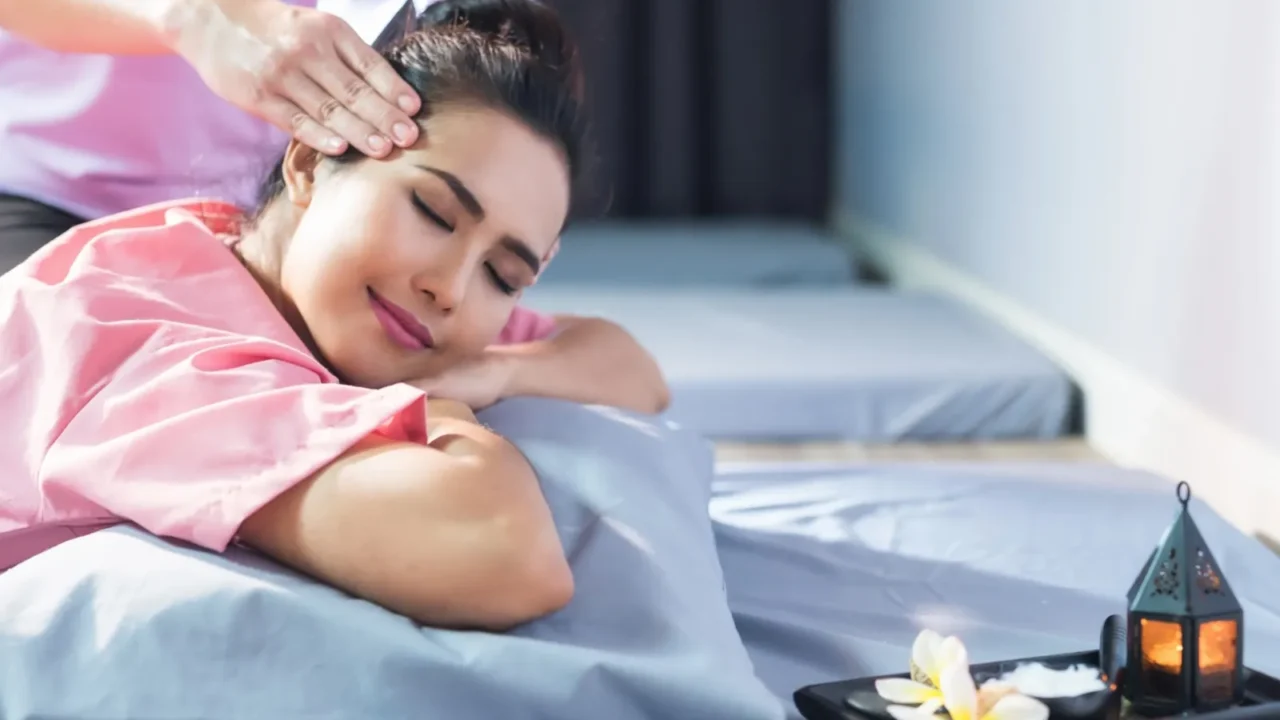
Wellness retreats with a bedtime agenda
Many sleep tourism spots mix rest with yoga, guided meditation, or sound baths. The idea is to slow down your mind so your body can follow.
Days might start with gentle yoga or nature walks and end with meditation or sound therapy sessions. Everything is intentionally paced to slow your body down. Some even include sleep hypnotherapy or digital detox programs for a full reset.
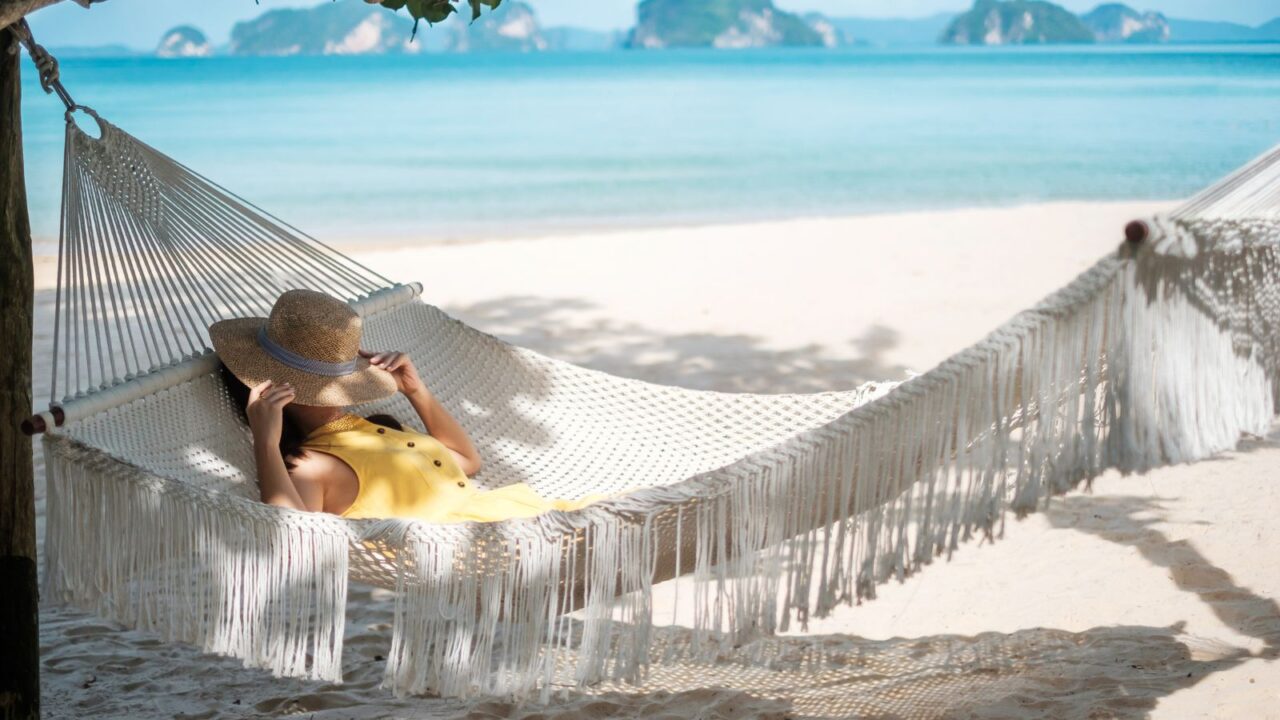
Nature as the ultimate sleep aid
Remote forests, lakesides, and mountain escapes are popular because nature works magic on our sleep cycles. Fresh air and quiet surroundings help the body relax naturally.
From the calming sounds of water to the scent of pine forests, these settings work with your biology to lower stress and improve rest quality.
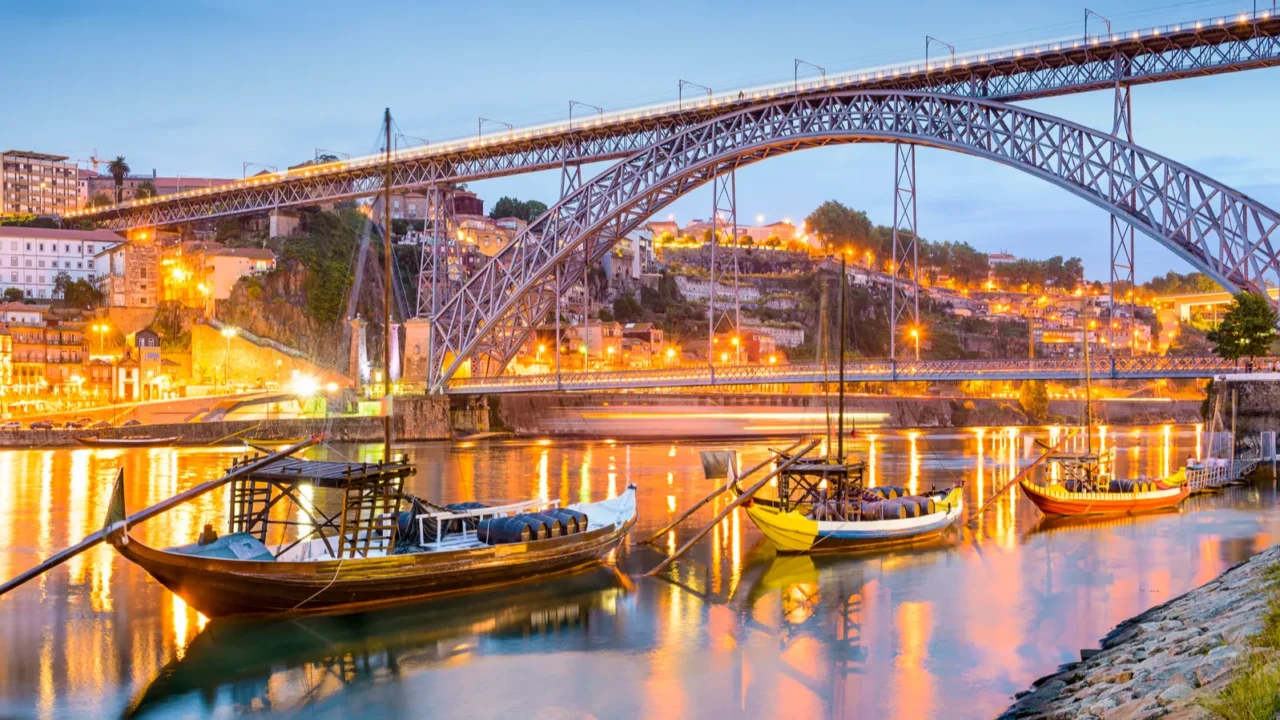
Portugal’s hidden sleep havens
Coimbra and Central Portugal offer magnesium-rich thermal springs, forest bathing, and gentle coastal breezes. Every element is designed to lull you into deep rest.
Thermal springs rich in magnesium soothe muscles and calm the nervous system, while the Buçaco Forest offers serene spots for mindful walks. The fresh coastal air near Aveiro completes the formula. You can spend your mornings soaking in warm waters and your nights breathing fresh Atlantic air.
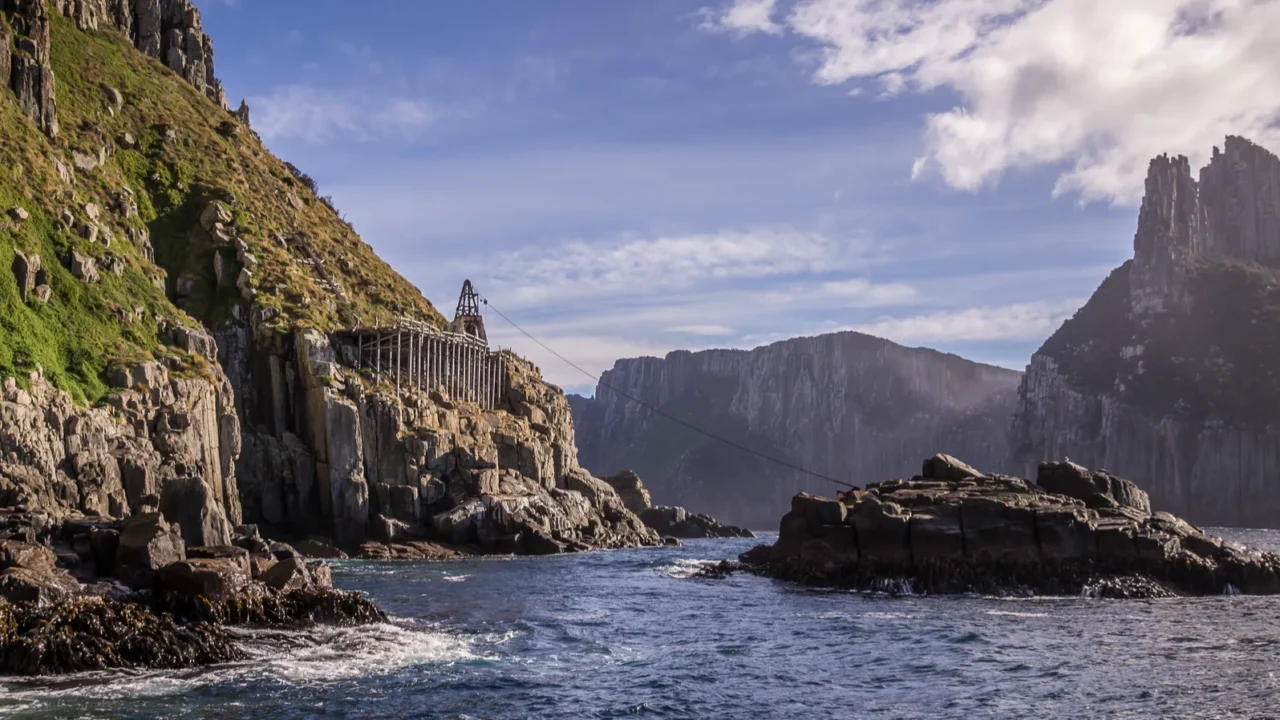
Tasmania’s starry night therapy
Tasmania is a dream for anyone craving cleaner air and uninterrupted darkness. The island’s eco-lodges offer cozy accommodations in areas with little to no light pollution, making stargazing part of the nightly routine.
The mix of outdoor adventures and early nights helps travelers drift into deep, restorative sleep. Combine that with day hikes through pristine landscapes and the absence of urban noise, and you have the perfect recipe for restorative rest.
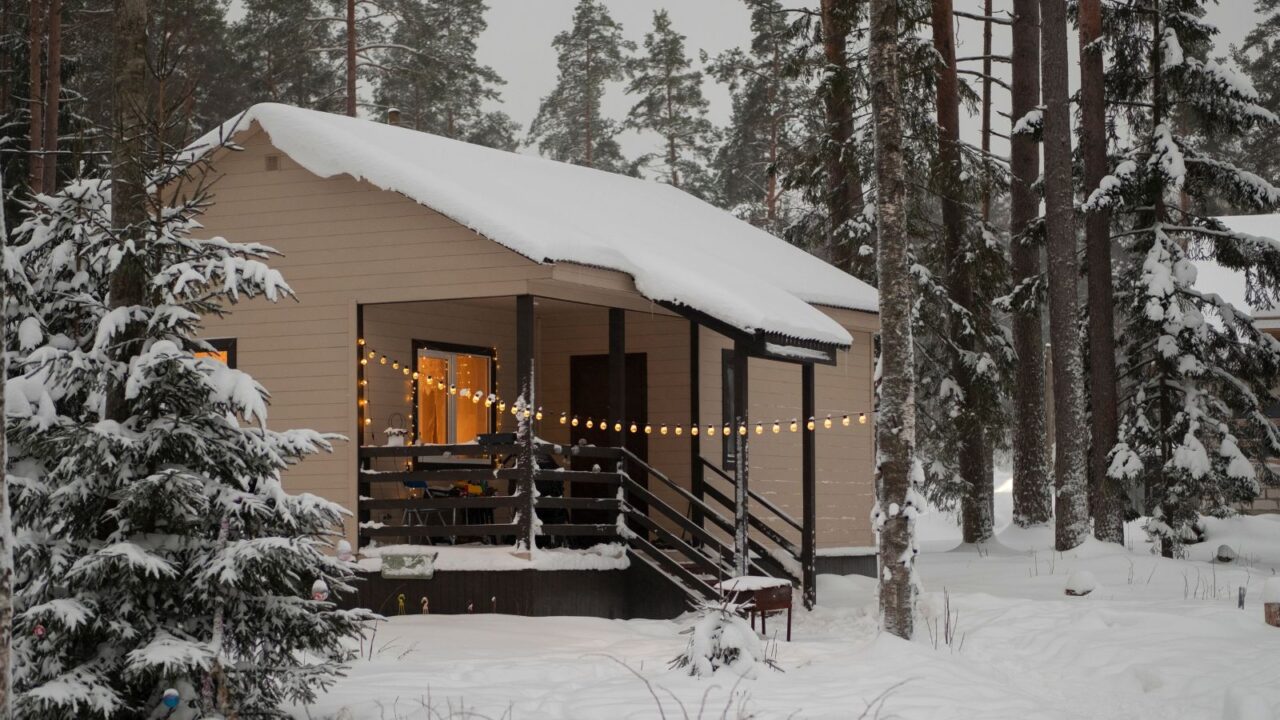
The allure of Swedish silence
Sweden’s remote cabins and lakeside retreats provide almost total quiet. Some places are so far off the grid you’ll forget what traffic sounds like.
This calm environment gives your nervous system the space it needs to recharge. Pair that with crisp Nordic air and cozy cabin comforts, and you’ll understand why Sweden is becoming a major player in the sleep tourism scene.
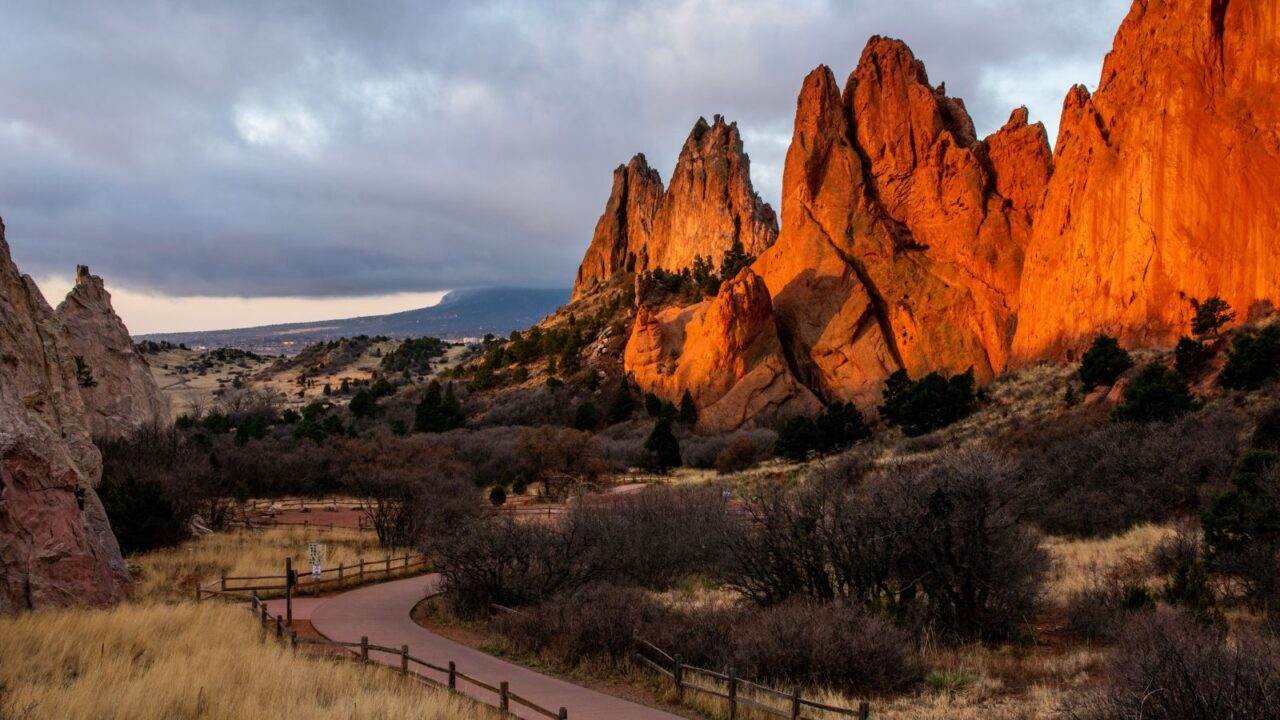
Colorado Springs’ mountain calm
With crisp mountain air and sprawling landscapes, Colorado Springs offers both nature and comfort. You can pair morning hikes with spa treatments aimed at improving sleep.
Altitude and cooler temps also make for naturally cozy nights under the covers. Add wellness-focused amenities like hot stone massages and aromatherapy sessions, and it’s easy to see why travelers leave feeling recharged.
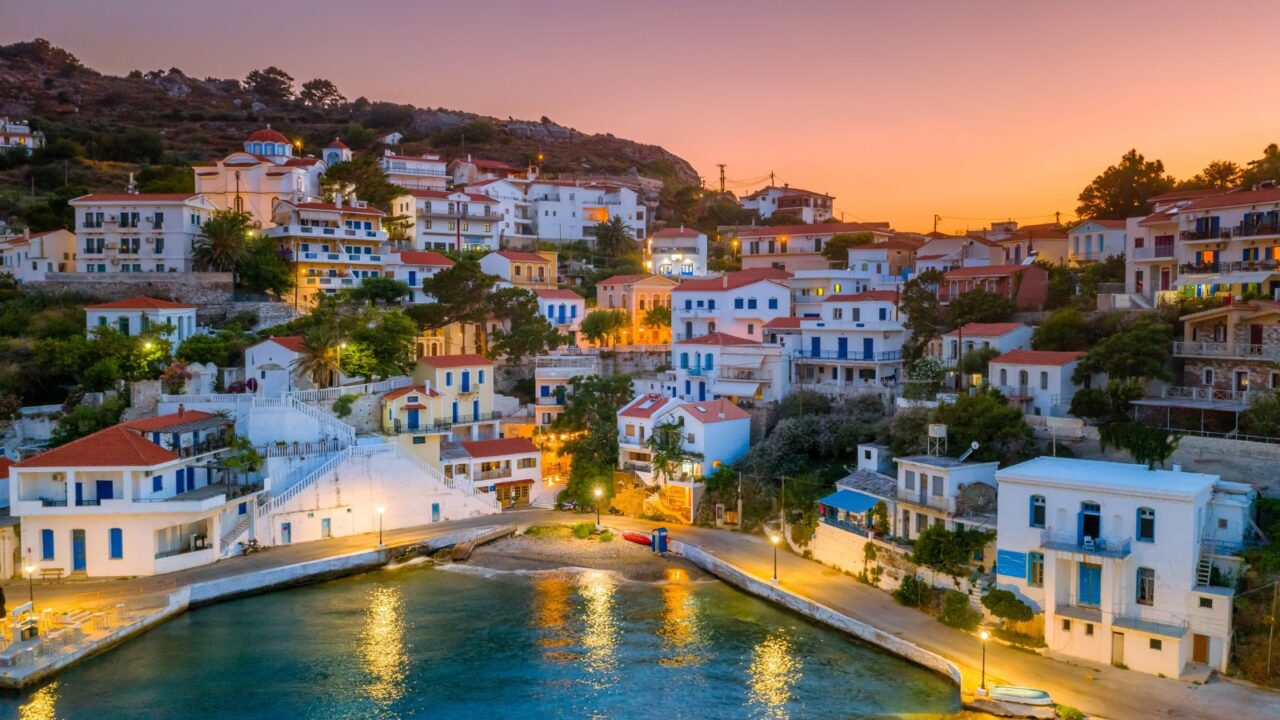
Greek island slow living
Ikaria, often called the “island where people forget to die,” is famous for its slow pace and healthy lifestyle. Locals nap daily, eat fresh food, and keep stress low.
Visitors can soak up this rhythm and learn lasting habits for better sleep back home. By the time you leave, better sleep habits have already become part of your daily routine.
High-tech help for sweet dreams
Luxury hotels are using cutting-edge technology to create ideal sleeping conditions. Think smart mattresses that adjust firmness in real-time, white noise machines that block disturbances, and apps that guide breathing exercises.
Some even use sensors to track your sleep quality and make personalized adjustments. The mix of high-tech solutions with comfort-focused design creates an environment where falling asleep is almost effortless.
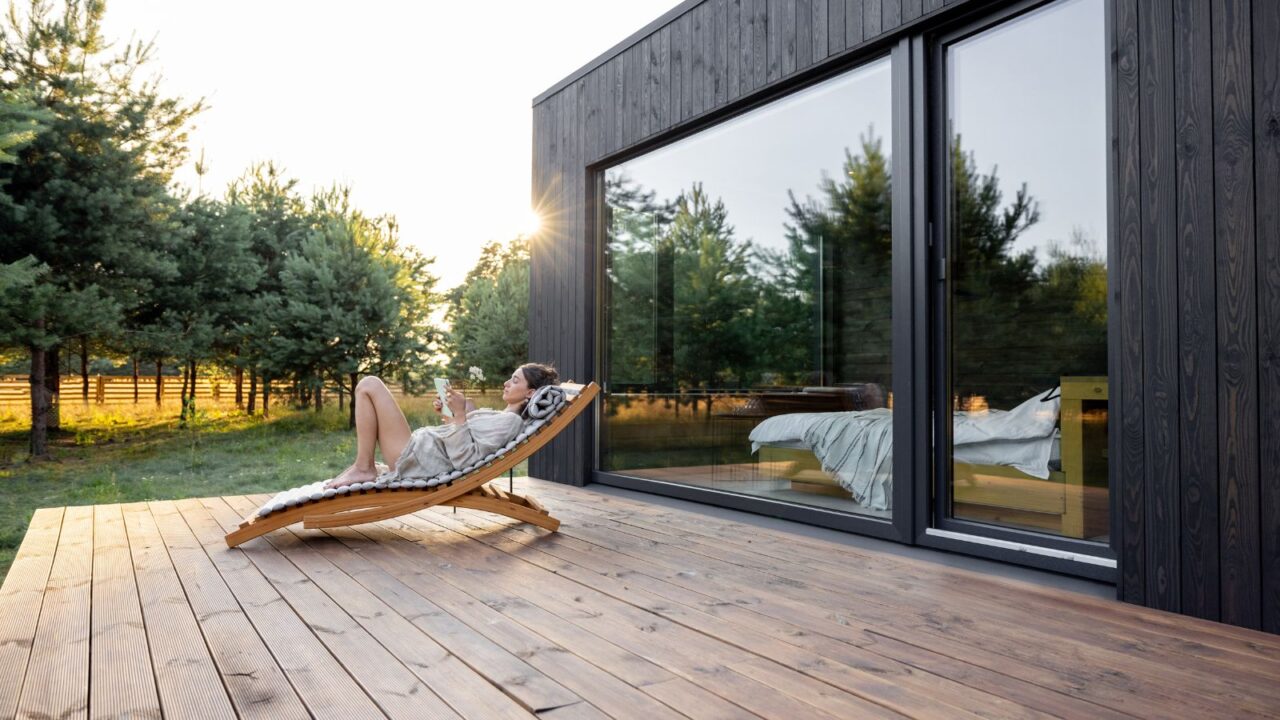
Digital detox for better rest
Many sleep tourism destinations encourage guests to go completely screen-free. No late-night scrolling, no constant notifications, just time to let your mind unwind.
Without the blue light and mental stimulation of devices, your brain has a chance to transition into natural sleep mode. Guests often report not only sleeping better but also feeling more present during the day.

Medical support for sleep issues
Some destinations combine relaxation with professional sleep care. On-site doctors and specialists can run sleep studies, diagnose disorders, and offer treatment plans tailored to your needs.
This approach is ideal for travelers dealing with chronic sleep problems. You get the benefit of a vacation while also addressing underlying issues. It’s a unique blend of leisure and healthcare that leaves you feeling rested and better equipped to maintain quality sleep long after the trip ends.
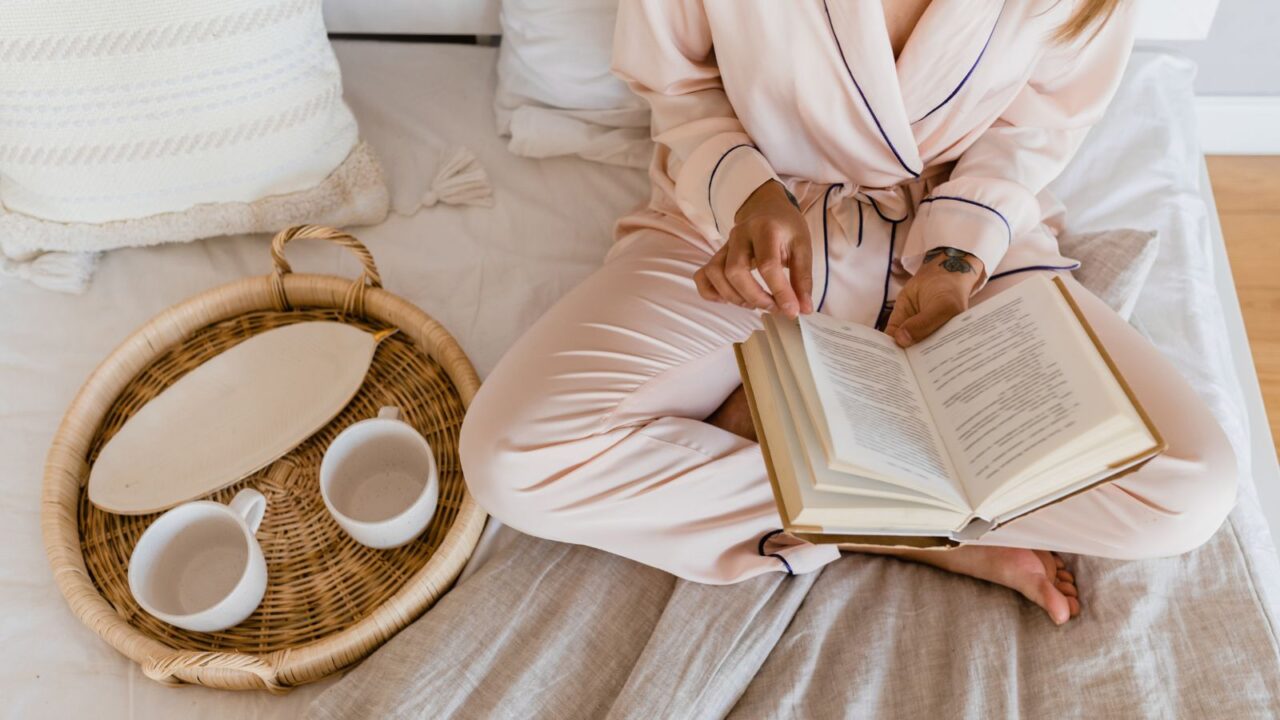
Luxury meets simplicity
Not every sleep tourism experience involves fancy gadgets. Some boutique hotels focus on simplicity: soft bedding, natural light, calming colors, and total peace.
These smaller retreats rely on personal touches, like herbal tea service before bed or handwoven blankets, to create comfort. Without overcomplicating things, they deliver deeply restful experiences that feel warm and human.
If you like to stay updated with travel trends, you need to check out why you should book your 2026 solar eclipse trip now.
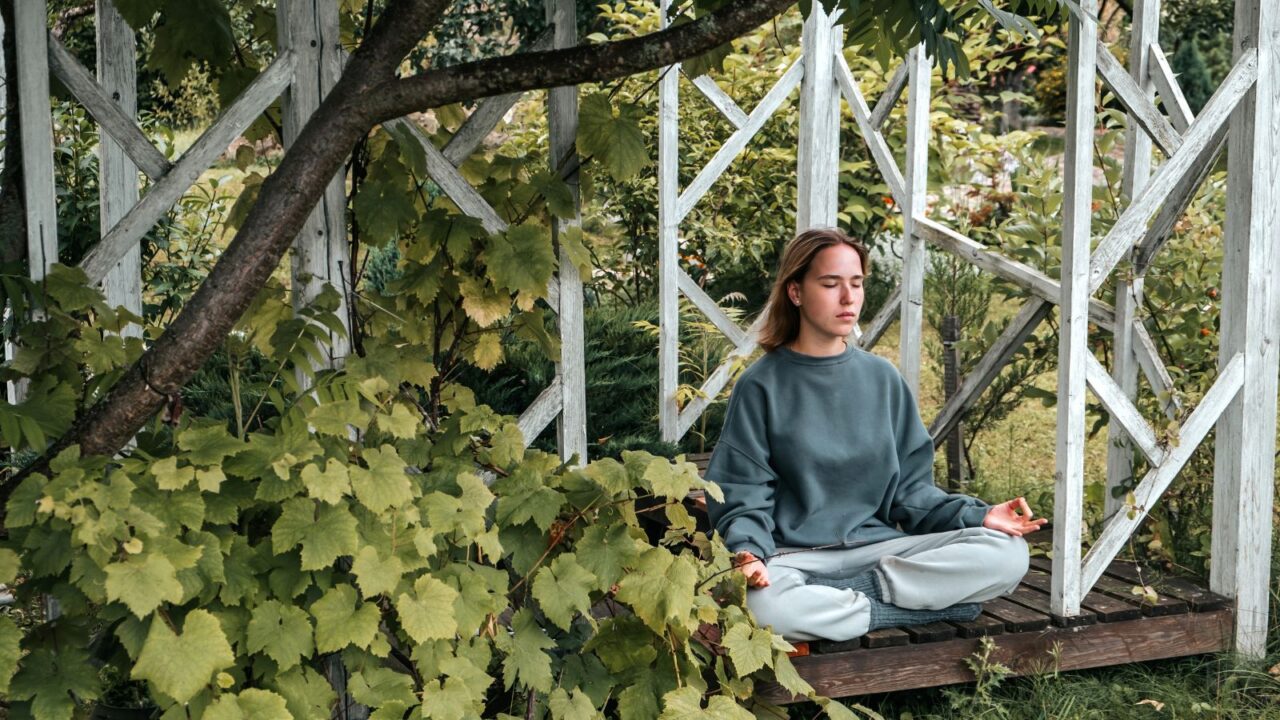
Why people keep coming back
Sleep tourism is a lifestyle shift. Guests often return for the unique environments, but also for the healthy routines they pick up along the way.
Practices like nightly wind-down rituals, reduced screen time, and mindful breathing often stick long after the vacation ends. These habits become part of daily life, leading to better long-term health.
It’s also a perfect time to pick a quiet spot and get some rest, especially when popular summer travel destinations are now off-limits for Americans.
Would you try sleep tourism on your next vacation? Tell us why or why not in the comments.
Read More From This Brand:
- Cape Town’s Shoreline Stunners You’ll Regret Skipping in 2025
- A Beginner’s Guide to America’s Quirkiest Roadside Attractions
- Why Rio and Machu Picchu Are the Bucket List Duo of 2025
Don’t forget to follow us for more exclusive content right here on MSN.
This slideshow was made with AI assistance and human editing.